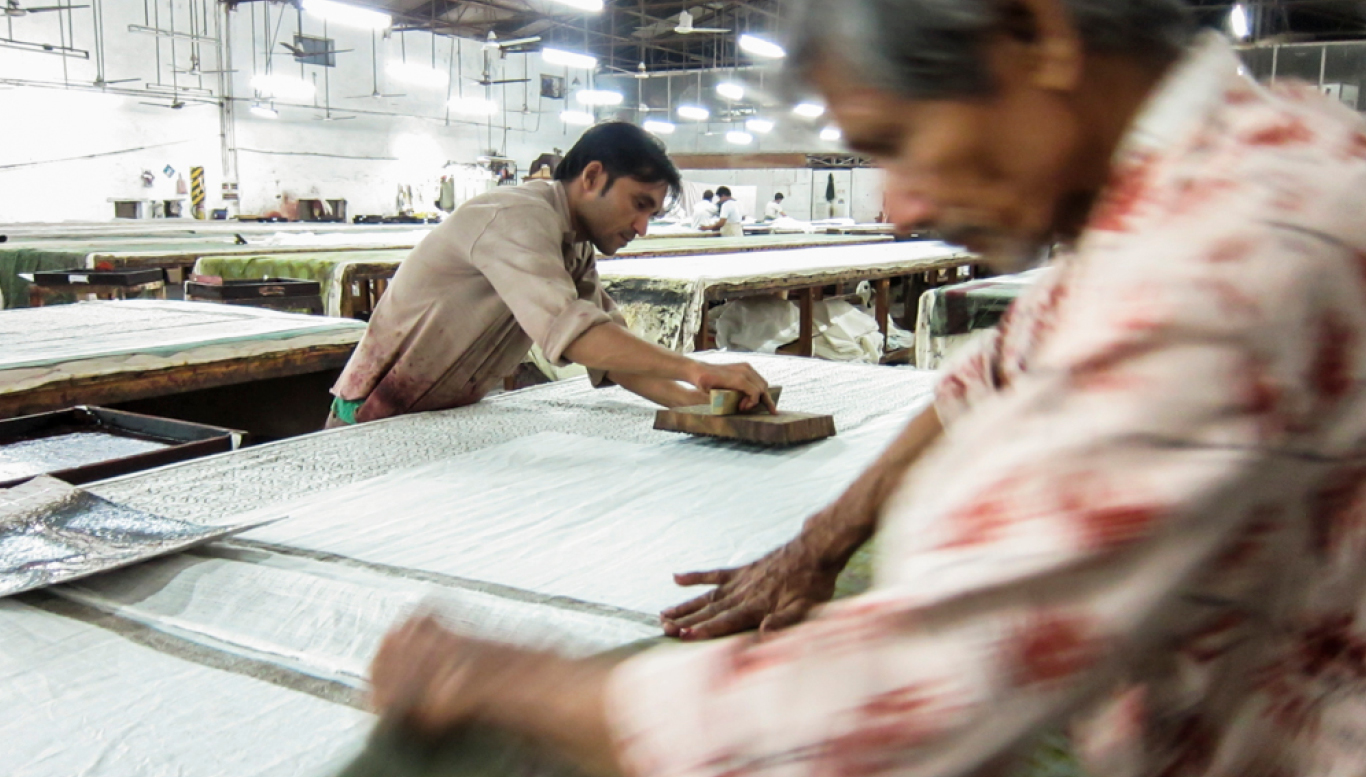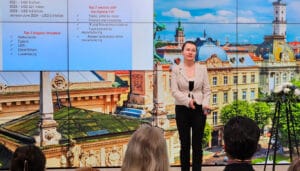Textile importer focuses on quality

Nest Factory imports unique, high-quality textiles from developing countries and has used Finnpartnership to find partners from as far afield as India and Peru.
Alpaca ponchos from Peru, handmade cotton towels from Ethiopia and cushions made by Berbers from Morocco. These are just some of the handmade textiles and home accessories imported by Helsinki-based Nest Factory. “Our business idea is to import limited quantities of unique, high-quality products to the Nordic countries. It’s important to us that the products are made responsibly from the point of view of the environment and workers’ rights,” says founder Tracey Powers-Erkkilä. “We focus on quality instead of volume.”
A hobby evolved into a business
New York-born Powers-Erkkilä has lived in Finland since 2000. Before embarking on her own business venture, she worked in CSR reporting for Nokia. “Importing started as a hobby, but I had such an interest in the products that I decided to become a full-time entrepreneur.”
When Powers-Erkkilä began searching for products that would meet Nest Factory’s criteria, her contacts and prior experience from developing countries came in handy. She has found new business partners during overseas trips and visits to trade fairs. “I enjoy travelling, meeting artisans and hearing the stories of their products.” Finding partners and building well-functioning business relationships in developing countries requires time and patience. According to Powers-Erkkilä, large-scale manufacturers aren’t necessarily interested in working with a small Finnish company. On the other hand, a small company can lack knowledge about the intricacies of international trade and the related paperwork.
Finnpartnership’s support was highly beneficial
Finnpartnership’s services helped Nest Factory find new contacts, who have since become partners. For example, a Peruvian producer of alpaca products was found via the free Matchmaking service, which helps businesses from developing countries find cooperation opportunities and business partners from Finland. “We import ponchos made by a Peruvian company. We are very happy with our partner’s business practices and quality and we are now expanding our cooperation to include other products as well.” According to Powers-Erkkilä, product development is done in cooperation with the local company. The partner has the knowledge about the materials and production methods, while Nest Factory is able to choose the right products for Nordic tastes. “The training of local employees, for example, in product quality matters, is an integral part of cooperation.”
Able producers available in developing countries
Nest Factory also received business partnership support when mapping potential partners in India. During a trip to Jaipur, Powers-Erkkilä sought out local textile producers and investigated local production conditions, practices and networks. She was able to find new partners, including a producer of hand-knitted woollen scarves, whose products Nest Factory now imports to Finland. “Finnpartnership’s support is very important to a small business like Nest Factory. This form of support is definitely needed, because there are countless talented producers in developing countries with products that would be popular in Europe.”
Handmade product manufacturing also brings much needed jobs to developing countries. The majority of the workers are women, who would otherwise struggle to find employment. Initially, Powers-Erkkilä concentrated on selling products on a “pop up” basis, for example in customers’ homes. Now Nest Factory has its own online store as well as a brick-and-mortar store — which also hosts a coffee shop run by other entrepreneurs — in the Punavuori district in Helsinki. The company also sells wholesale to interior design businesses across the Nordic countries.
Share on social media


